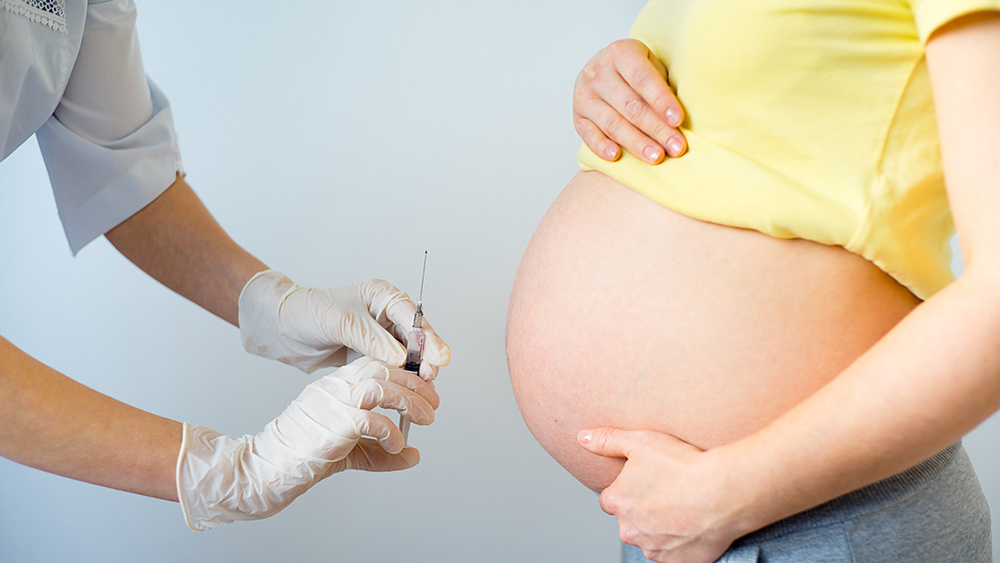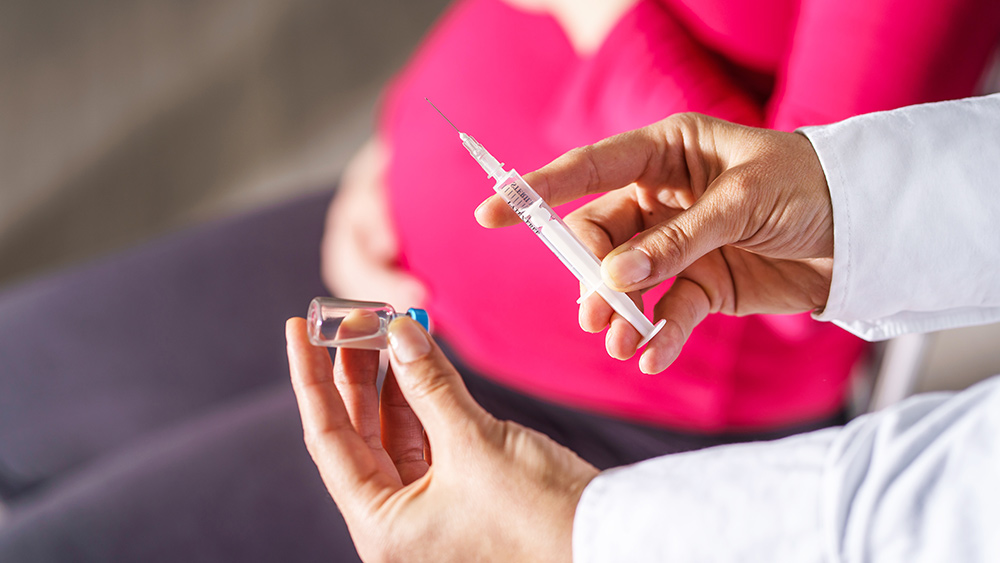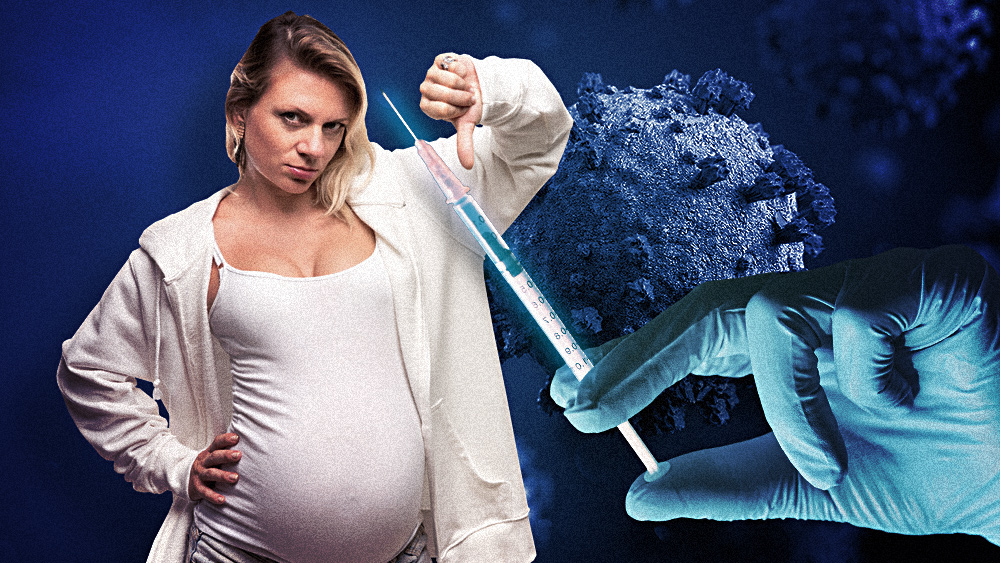Drink more water: This simple and holistic advice is the best way to optimize urological health
02/01/2019 / By Zoey Sky

It’s a good thing that people are becoming more interested in natural remedies for various aches and pains, but it’s also important to stay hydrated. After all, not enough people understand how drinking enough water regularly is crucial to keeping your bladder, kidneys, and pelvic organs healthy.
Hydration and urological health
Urological health, which involves your bladder, kidneys, and pelvic organs, can be maintained with a free, holistic, and simple method: proper hydration. This might sound incredibly easy, but not everyone remembers to drink enough water every day. Since the human body is made up of more than 60 percent water, hydration is essential for the proper function of every organ system in your body.
Listed below are important facts about hydration and urological health that you need to keep in mind if you want to stay healthy.
Bladder
Urinary tract infections (UTIs) occur when urine has pooled in your bladder long enough to allow bacteria to grow. A person with UTI will suffer from symptoms such as burning, itchy, and painful sensations.
Other symptoms of a UTI may include:
- Bloody urine
- A burning sensation when urinating
- Cloudy urine
- Increased urgency of urination
- Increased frequency of urination without passing much urine
- Pelvic pain (in women)
- Rectal pain (in men)
- Urine that looks like cola or tea
- Urine with a strong odor
There are many risk factors that can cause UTI, such as an enlarged prostate and sexual activity. However, you can reduce your risk by emptying your bladder more frequently. If you’re hydrated, your bladder will tell you when it’s full and ready to be emptied, so always relieve yourself when you feel the urge to urinate. Urinating consistently throughout the day will help eliminate harmful bacteria from your body and prevent infections.
If you have an overactive bladder (OAB), restricting or reducing your fluid intake won’t solve the problem. In fact, not drinking enough water may cause an over-concentration of urine in the bladder, which can then result in irritation.
Irritation in the bladder can cause spasms or UTIs and aggravate OAB symptoms. Like maintaining a healthy weight, you need to find the right balance between over- and under-hydration to keep your bladder healthy.
Kidneys
Water is the “housekeeper” of the kidneys. It helps the kidneys eliminate waste from the bloodstream and it gets rid of the “trash” via urine. Drinking enough water keeps the blood vessels dilated so they can nourish the kidneys with essential nutrients.
Dehydration can impair kidney function and severe or prolonged dehydration may eventually result in kidney damage. Consistently low urinary volume is a significant risk factor for the development of painful kidney stones.
If you’re not drinking enough water, you produce less urine. When urine is in concentrated form and your water intake isn’t enough to dilute it, you may start to develop kidney stones. (Related: Why plenty of water is vital to optimum health.)
Pelvic organs
Water does more than keep your bladder and kidneys healthy. Staying hydrated is also linked to your sexual health.
Being properly hydrated helps promote efficient blood flow throughout the entire body. Optimal blood flow benefits men because it is necessary to achieve and maintain an erection. If you’re dehydrated, you can suffer from erectile dysfunction.
On the other hand, women need to stay hydrated because it helps keep the vagina lubricated during sex. Dehydration can reduce lubrication, which may result in painful intercourse.
Proper hydration may vary per person, especially since your water intake depends on your activity and personal needs. If you exercise regularly, you need to drink more water compared to a person who doesn’t go to the gym that frequently. Older adults need to stay hydrated throughout the day.
In general, the average healthy person should drink at least 30 to 50 ounces of water at consistent intervals throughout the day. Don’t chug too much water at once because over-hydration is also bad for you. If you don’t like drinking plain water, add fruit slices to your water and enjoy a zesty drink.
Always stay hydrated for better urological health.
You can read more articles about the other health benefits of staying hydrated at Healing.news.
Sources include:
Submit a correction >>
Tagged Under:
bladder, dehydration, drinking water, hydration, kidney health, kidneys, natural cures, natural remedies, pelvic organs, prevention, remedies, sexual health, urinary tract infections, urological health, UTI, water, water intake
This article may contain statements that reflect the opinion of the author
RECENT NEWS & ARTICLES
COPYRIGHT © 2017 WOMENS HEALTH NEWS



















